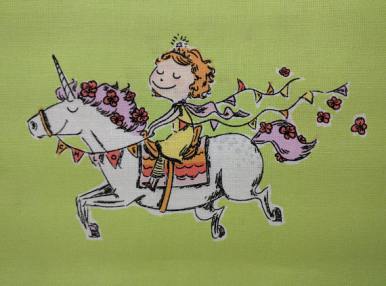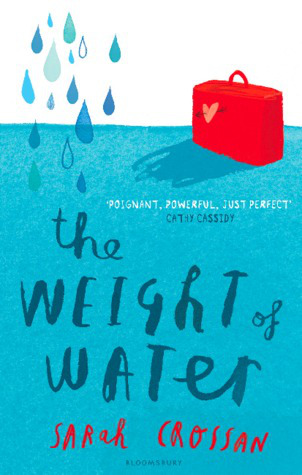
Robert Wright. Photo: Courtesy of CardsPlayer4Life
I feel a bit of a kinship with Robert Wright, the author of the recently published book “Why Buddhism is True.”
Roughly a decade or so ago, Wright also published a book titled “The Evolution of God,” which complemented another superb book published at roughly the same time: “Where Good Ideas Come From: The Natural History of Innovation” by Steven Berlin Johnson.
The two books helped me gain a keen insight into how human experiences and insights have been networked through language, writing and, more recently, digital technology, and uploaded into a kind of cloud that I’ve come to call the “Noncorporeal Human Exoskeleton.”
But I feel a special bond with Mr. Wright, having experienced a religious upbringing and pilgrimage quite similar to his. As a teenager, he was converted by a fiery but charismatic Southern Baptist evangelist named Homer Martinez, who also passed through my boyhood church in the late 70’s.
Wright and I seem to have undergone similar epiphanies. Wright abandoned his Southern Baptist religious legacy long ago for a largely secular worldview that has taken on discernibly Buddhist hues.
As he sees it, human beings have been hardwired by evolution not to be satisfied. Excuse me if I’m mangling the teachings of Darwin, but evolution, in a manner of speaking, strives to keep us unsatisfied so that, in the course of which, we continue to, well, strive. And amidst all this perpetual striving, happiness remains elusive. Many of us spend a lifetime never seeming to achieve happiness or anything approaching it.
We crave things, but once we attain them, our happiness seems fleeing, and we’re left striving to acquire or achieve the next thing.
Wright contends in his book that the ancient teachings and practices of Buddha can provide a healing balm for this restiveness.
As Wright observes in a recent NPR interview: “I think of mindfulness meditation as almost a rebellion against natural selection,” he says. “Natural selection is the process that created us. It gave us our values. It sets our agenda, and Buddhism says, ‘We don’t have to play this game.’ ”
My own journey, which I would describe as a secular rather than a spiritual one, involved reconciling my Christian cultural inheritance with the cognitive behavioral techniques I developed in my late 20’s to rewire my brain to cope with the effects of a rather debilitating anxiety disorder. And much of this involved coming to terms with the reality that many of the things in life that can’t be resolved simply must be endured.
I owe my insights to three teachers: Dr. Claire Weekes, an Australian physician and general practitioner who wrote a series of books that emphasized the value of cognitive techniques in overcoming nervous illness; Dr. M. Scott Peck, a psychiatrist who is best known for his bestselling book The Road Less Traveled; and finally but certainly not least, Dr. Viktor Frankl, the founder of logotherapy and author of Man’s Search for Meaning.
I suppose my exposure to these three individuals and their teachings amounted to something akin to an epiphany, resembling in some respects the insights that Wright has acquired in the course of his own pilgrimage.
They helped me understand that life was a difficult and often heart-rending journey, as Peck relates in this first sentence of The Road Less Traveled. In a real sense, my Southern Baptist upbringing had insulated me from this vital truth. My exposure to these three people helped me understand that religion, particularly fundamentalist religion, often blinded people to life’s hard, incontrovertible truth.
I had come to regard my conservative Christian faith as a sort of lucky rabbit’s foot. Instead of coming to term with the hard truths of life – a hallmark of adulthood – I always assumed that a close, personalized relationship with a deity would somehow cordon off all the sadness, disappointment and random tragedy bound up with human existence. To put it bluntly, I practiced a form of faith that was inherently neurotic.
I finally became an adult when I was able not only to view life but also to embrace it in all of its damnable complexity – all of its sublime beauty inextricably bound up in its random, unfathomable injustice and ugliness.
Somewhere along this journey, I, like Wright, also learned that something approaching happiness was achieved by learning how not to be spooked by the emotional reactions to stimuli that we have acquired through eons of evolutionary hard wiring.
I can’t say that my life journey took a Buddhist turn, as Wright’s apparently has. Mine has assumed a form that, while respectful of its Christian influences, is largely secular, though it remains open to and respectful of the potential for spirituality.
Advertisements Share this:




